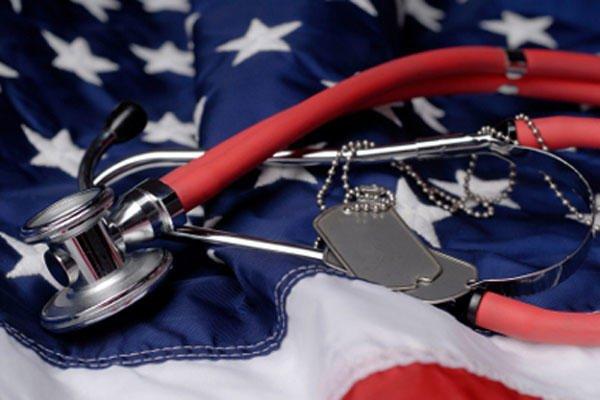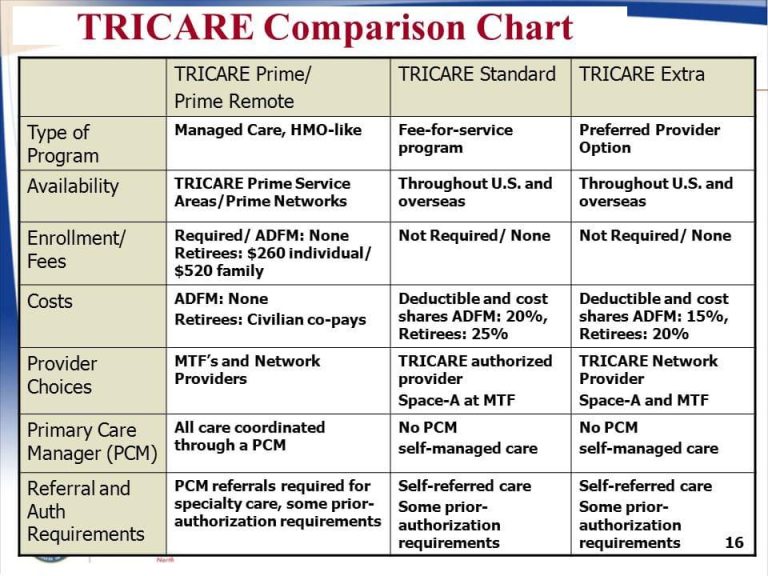
TRICARE Q&A: Getting Care With Active Duty Dental Program
For active duty service members, dental health is more than just a routine checkup—it’s a critical part of readiness. That’s why the Active Duty Dental Program (ADDP) under TRICARE is designed specifically to provide comprehensive dental care to those serving our country. If you’re wondering how the ADDP works, what benefits you can expect, and how to access care effectively, this detailed Q&A guide will answer your questions and help you navigate dental services seamlessly.
What is the Active Duty Dental Program (ADDP)?
The ADDP is a TRICARE dental program that offers active duty service members comprehensive dental care at no cost, or minimal cost, through military dental treatment facilities (DTFs). The program ensures that all active duty personnel maintain optimal oral health, which is vital for their overall mission readiness and personal well-being.
Who is Eligible for the ADDP?
Eligibility Criteria:
- All active duty service members in the Army, Navy, Air Force, Marine Corps, Coast Guard, and commissioned officers of the Public Health Service and NOAA.
- Some National Guard and Reserve members on active duty orders for more than 30 days may also qualify.
- Dependents and retirees are not covered under the ADDP but can utilize the TRICARE Dental Program (TDP).
How Do You Get Dental Care Through the ADDP?
Active duty members must receive dental care at Military Dental Treatment Facilities (DTFs). Here’s a step-by-step approach:
- Locate Your Nearest DTF: Use the TRICARE facility locator on health.mil or military base resources to find the closest dental clinic.
- Schedule an Appointment: Contact the DTF early to book your appointment, especially if you need routine exams, cleanings, or urgent treatments.
- Prepare Your Military ID and Medical Records: Bring your military ID card and any dental health records available.
- Follow Your Treatment Plan: Treatment is planned based on dental readiness and urgency, ensuring service members remain deployable.
What Types of Dental Services are Covered?
The ADDP covers a broad range of dental services tailored for active duty members, including:
- Preventive care like exams, cleanings, and X-rays
- Restorative care such as fillings and crowns
- Oral surgery including extractions and biopsies
- Endodontics (root canals)
- Periodontal (gum) treatments
- Orthodontic care in some cases (limited)
What If I Need Emergency Dental Care While Deployed?
Emergency dental care is a priority under the ADDP. When deployed or on active duty away from a DTF, service members should:
- Seek care from available military medical providers immediately
- Contact their dental representative or chain of command for assistance
- Receive follow-up care at their home station DTF when possible
How Does ADDP Differ from the TRICARE Dental Program (TDP)?
Understand the key differences between ADDP and TDP, especially if you’re transitioning or have dependents:
| Aspect | Active Duty Dental Program (ADDP) | TRICARE Dental Program (TDP) |
|---|---|---|
| Eligibility | Active duty service members only | Dependents, National Guard, Reserves, retirees |
| Cost | No cost or minimal (provided at military DTFs) | Monthly premiums, co-pays, and deductibles apply |
| Provider Network | Military dental treatment facilities | TRICARE authorized civilian dentists |
| Coverage | Comprehensive care focused on readiness | Comprehensive dental care including orthodontics |
Benefits of Using the ADDP
- No out-of-pocket expenses: Unlike civilian dental plans, most care at DTFs is free.
- Priority scheduling: Active duty members get prioritized appointments supporting readiness.
- Specialized military dental providers: Dentists understand the unique needs of active service members.
- Comprehensive coverage: from basic preventive care to urgent dental procedures.
Practical Tips for Active Duty Members Using ADDP
- Schedule routine checkups: Keep dental exams and cleanings on your calendar at least twice per year to stay deployment-ready.
- Communicate your deployment schedule: Inform your DTF if you’ll be deployed soon to prioritize necessary treatments.
- Use the TRICARE Online patient portal: Manage appointments and access dental information digitally.
- Maintain good oral hygiene: Daily brushing, flossing, and avoiding tobacco help reduce dental emergencies.
Common Questions About the ADDP
Q: Can I get dental care at a civilian dentist?
A: Generally, active duty members must use military dental treatment facilities for ADDP coverage. Civilian emergency care may be authorized in rare situations, but prior approval is required through your dental chain of command.
Q: Are dependents covered under the Active Duty Dental Program?
A: No. Dependents must be enrolled in the separate TRICARE Dental Program (TDP) for their dental benefits.
Q: What if my DTF is far from my duty station?
A: If access to a DTF is limited, contact your dental office or military treatment facility for guidance. Some locations may offer arrangements for care or tele-dentistry support.
Q: How often should I have dental exams under ADDP?
A: Most service members are scheduled for exams every six months to maintain dental readiness.
Q: Can the ADDP cover orthodontic treatment?
A: Orthodontic care is generally limited and reserved for severe cases impacting oral function or readiness.
Conclusion: Keeping Your Smile Ready for Duty
The Active Duty Dental Program is an essential resource for military members to maintain their dental health and mission readiness with minimal out-of-pocket costs. By understanding how to access care through military dental facilities, knowing the coverage and benefits, and following practical tips for scheduling and oral hygiene, active duty personnel can confidently manage their dental health. Whether you’re faced with routine maintenance or urgent dental needs, the ADDP backed by TRICARE ensures you’re supported every step of the way.
For the latest updates, resources, and to locate your nearest dental treatment facility, visit Health.mil.


